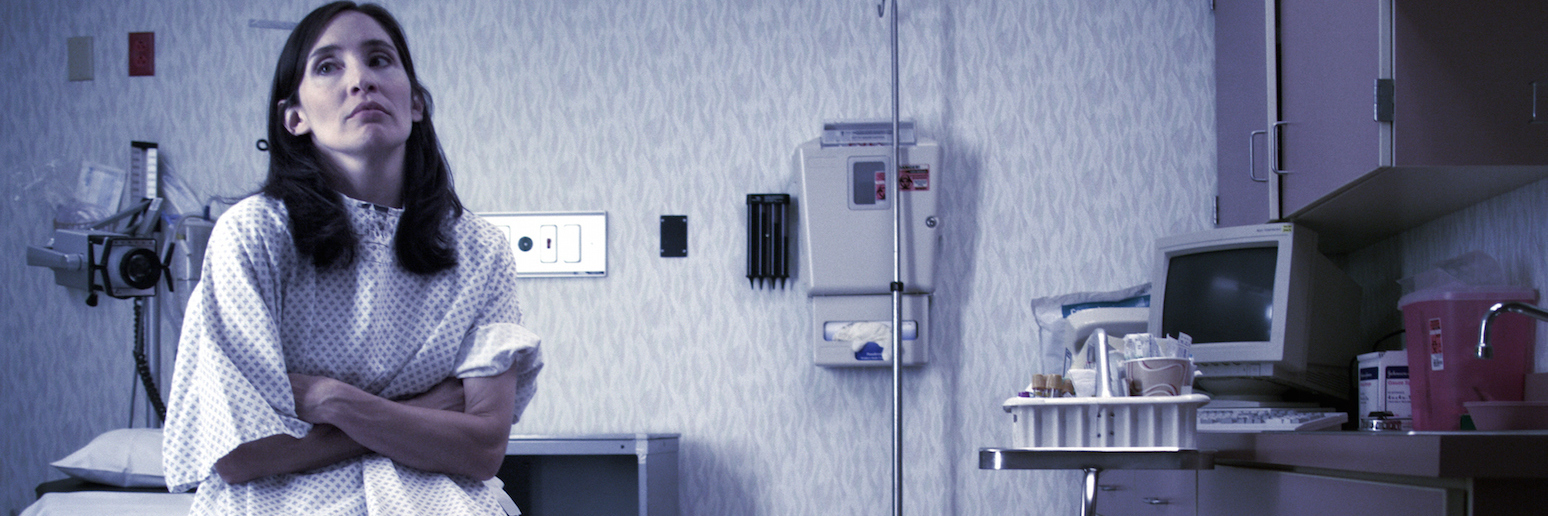Having a rare disease can come with many additional problems that can make treating the disease accurately and knowledgeably quite difficult.
These are the ways having the rare congenital disease renal tubular acidosis (RTA) has affected my life.
1. I wasn’t diagnosed until I was an adult, despite seeing my first nephrologist, due to severe problems and pain, at age 3. They didn’t know what was wrong and it didn’t fit the normal lab results of the more common kidney diseases. So, when my lab results improved, they discharged me. The problem is that kidney stones and infections cause symptoms and lab results to go up and down. I was also misdiagnosed with a different congenital kidney disease when I was 18. I was properly diagnosed at age 23.
2. The impact of not being diagnosed until adulthood is enormous. Family and friends thought I was just overly sensitive to pain when I was a child, which caused me to believe the same. This led to me now having permanent scarring in both of my kidneys, from 18 years of zero treatment on infections and stones. It has also led to me often doubting my own pain or the severity of how sick I am.
3. When I tell new doctors I have renal tubular acidosis, I’ve only met two who knew anything about it. Others have asked me if I’m “still on dialysis.” My kidney disease causes my kidneys to filter too quickly, and causes chronic stones and infections, among other things. Kidney failure and dialysis is usually a symptom caused later in life, due to the damage done to the kidneys over a lifetime of infections and stones. Thankfully I have not needed dialysis yet, but that does not mean my kidney disease doesn’t affect my life and my health severely. I have had my kidney shut down. I have needed emergency surgeries. I have scarring. I get chronic infections and stones and severe pain. I also have problems with my mineral and electrolyte levels, which can get quite serious.
4. I had a seizure, caused by low phosphates, which is a symptom of my kidney disease I didn’t know about and my doctors didn’t know about. My phosphates had never been tested before. Luckily the emergency doctor knew what RTA was and knew the seizure could be caused by it. This led him to testing my phosphate levels and discovering they were very low, which led to me being given a prescription for it.
5. New research and better treatments are not developed as often for rare conditions. There have been no new treatments available in the 15 years since I’ve been diagnosed. I am unable to tolerate the only treatments, so I have to take inferior medications to try to minimize the impact of this disease on my body.
6. It’s hard for me to find forums and support groups. I’ve only found one small one, and there are only a few people in it who have my exact type of RTA, because I have the rarest type of this rare disease.
7. Many doctors will initially question my diagnosis, because it is so rare, until they find out which specialist diagnosed me. I’ve met a few people who have been diagnosed, started treatment and got referred to a new doctor, and are then told they don’t have it. It’s confusing and stressful when you get a diagnosis, start treatments and then have other doctors tell you to stop treatment, saying that you don’t have it. I’ve been lucky that mine was diagnosed by a respected doctor in the field who did all of the extensive, proper tests.
Having a rare disease adds some difficulties, and these are just a few of the main ones I’ve encountered. I’d love to hear other ways it has impacted your life differently.
We want to hear your story. Become a Mighty contributor here.
Thinkstock images by Photodisc

